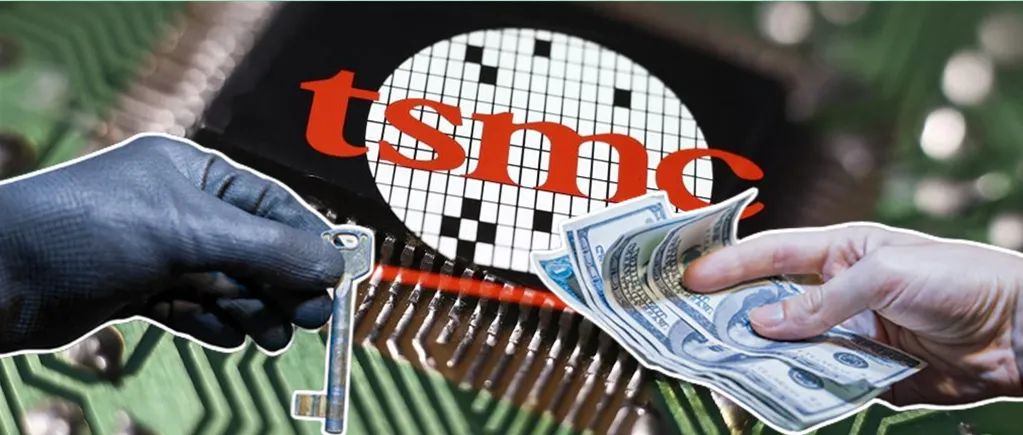Recently, the amount of subsidy given by the German government to semiconductor companies investing in local factories has been exposed. According to foreign media reports, the German government is willing to provide about 400 billion euros in five years to subsidize manufacturers willing to invest in Germany. The German government estimates that by 2027, it will arrange a 212 billion euro "Climate and Transformation Fund" (Climate and Transformation Fund) to subsidize low-carbon buildings, electric vehicles, industrial green hydrogen and investment to assist Germany in transitioning to a low-carbon economy. In order to attract global semiconductor manufacturers to invest in Germany, the fund will first subsidize foreign investment in Germany.

TSMC and Intel have successively announced the establishment of factories in Germany. According to the German government's plan, Intel's two advanced technology fabs in Magdeburg will spend 30 billion US dollars and receive 9.9 billion euros in subsidies. TSMC, Germany's Robert Bosch, Infineon Technologies, and Netherlands' NXP Semiconductors jointly established a new fab in Dresden and received a subsidy of 5 billion euros.
The German government's subsidy of about 15 billion euros for Intel and TSMC's factory construction plan alone has aroused heated discussions. German automotive electronics manufacturer Infineon received a subsidy of 1 billion euros for its Dresden expansion plan. Wolfspeed, an American third-class semiconductor silicon carbide wafer manufacturer cooperating with ZF Friedrichshafen, a major auto parts manufacturer, received a subsidy of 500 million euros.
TSMC is building a joint venture in Germany, with a total investment expected to exceed 10 billion euros, including equity injections, debt loans, and strong support from the European Union and the German government. TSMC's new plant in Dresden uses TSMC's 28/22nm planar CMOS and 16/12nm FinFET process technologies and is expected to have a monthly capacity of 40,000 300mm (12-inch) wafers.
TSMC only took out nearly 3.5 billion euros, but holds 70% of the shares, and enjoys the right to operate and manage. The other three joint ventures each hold 10% of the shares. It has not yet been confirmed that the German government subsidy of 5 billion euros is true, but it is not a small profit for TSMC.
Why is Germany so generous, spending large sums of money to subsidize companies that come to Germany to build factories? One is that the automotive chip shortage has hit Europe hard. Germany, which relies on automobiles as its supporting industry, is naturally happy to see the success of the future to ensure that there are enough chips that can be used in electric vehicles in the future. TSMC has set up an advanced fab in the United States and a fab with mature technology in Europe, mainly because of the large demand for automotive chips. However, Germany's "Augsburger Zeitung" quoted Audi procurement director Renate Vachenauer as saying that although the chipmaker plans to build factories in Germany, the shortage of semiconductors has caused a bottleneck in the German auto industry. Still going for years. German executives and policymakers are considering restructuring the supply chain in an attempt to reduce dependence on a handful of Asian and U.S. chip suppliers.
The second is that the "European Chips Act" (European Chips Act) provides a total of 43 billion euros in funding, but the bill is subdivided into three pillars (pillar), corresponding to three areas: scientific research and innovation, semiconductor manufacturing, supply chain crisis management, At present, the funds allocated by the European Union focus on scientific research and innovation, with the purpose of "public investment triggering private investment". Therefore, the subsidies of the "European Chip Law" do not match the situation of companies such as TSMC and Intel.
In addition, TSMC's multi-site layout in the United States, Japan, and Germany will inevitably lead to the problem of "shortage of labor". It is not yet known how many skilled workers and qualified engineers Dresden can provide. Costs are taken into account.
Relevant information:

